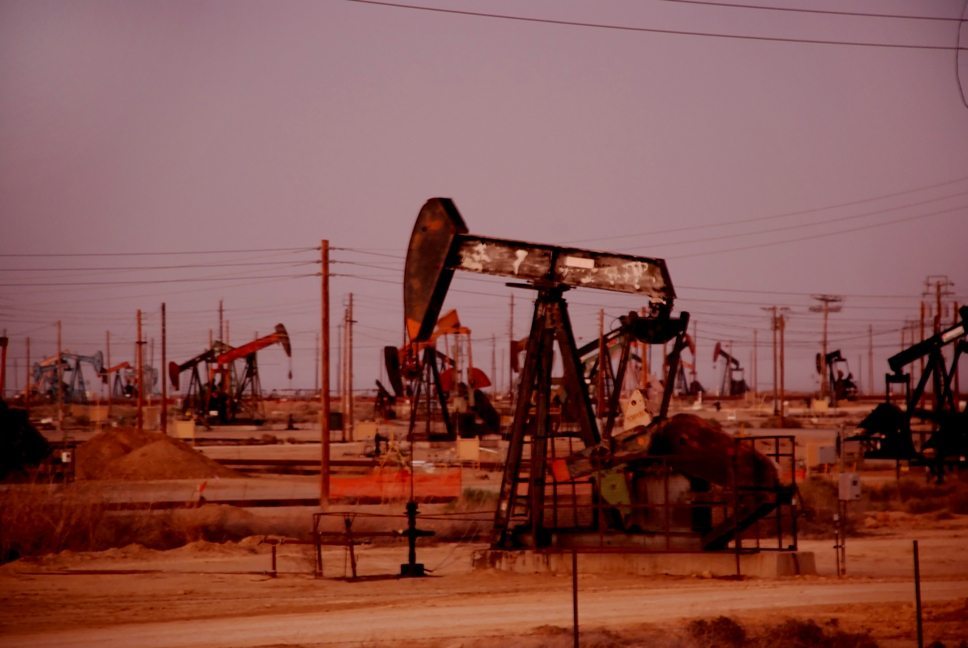
For example, in August of 2014, the CDC made public their findings from their “workplace hazard evaluations at unconventional oil and gas wells,” and the results indicate that fracking employees are being exposed to high levels of benzene, a carcinogenic chemical naturally found in oil and gas excavation and that is sometimes used as an additive in the fracking process. Researchers concluded that, “Airborne concentrations of hydrocarbons, in general, and benzene, specifically, varied considerably during flowback and can be unpredictable, indicating that a conservative approach to protecting workers from exposure is warranted.”
Levels of benzene in both the air and individuals were tested, and while none of the employees themselves had illegally high levels of the chemical in their systems at the time of testing, nearly 90% of air samples were found to exceed workplace standards developed by the National Institute for Occupational Safety (NIOSH). It’s also important to note that these chemicals may not cause immediate harm (although the CDC has warned that benzene levels can rise to lethal levels at fracking sites), but there have been at least four deaths since 2010 related to chemicals ingested during flowback at the Williston Basin in North Dakota and Montana. Furthermore, since the adverse and dangerous effects of workplace carcinogens can often develop slowly and as a result of regular long-term exposure, we can’t yet know the potential effects these chemicals may have down the road.
In addition to benzene, silicon dioxide (silica) is another chemical commonly found at fracking sites. Silica dust is an airborne byproduct of the sand used during fracking that can cause silicosis, a potentially fatal lung disease caused by excessive inhalation of silica. In 2012, NIOSH raised a red flag concerning silica after 11 fracking sites in five states were shown to possess elevated levels of the chemical that surpassed federal safety limits. In fact, the levels at several sites were shown to be so high that NIOSH representatives issued warnings that respirators would not be a sufficient enough protective measure to prevent silicosis.
Not only are fracking workers being exposed to dangerous levels of benzene and silicon dioxide, there are also a myriad of other chemicals that these workers could be exposed to without realizing it, including those that are trucked in or produced on site as well as naturally occurring radioactive materials and hydrocarbons. It’s no wonder, then, that the fatality rate in the fracking industry is 27.1 deaths per 100,000 employees compared to the average 3.8 per 100,000 employees throughout all other American industries. Yet even when OSHA determines that these drilling companies are at fault for worker injuries and deaths, they usually only face paltry penalties for their negligence – in some cases less than $5,000.
If you or a loved one has been injured or lost someone as a result of occupational hazards, Crosley Law Firm is here to help. Our personal injury attorneys have a wealth of experience in handling cases involving work-related injuries and deaths, and our no-fee policy ensures that our clients won’t pay a cent unless or until we achieve a settlement or trial award. We also offer free consultations as a way to help you get answers and advice about the unique circumstances and details of your potential case. Please call Crosley Law Firm at (877) 535-4529 or visit us online to learn more about The Crosley Approach and to begin the process of recovering the financial restitution to which you are entitled.
Reference:
Kelly, S. (2014, September 18). Workers at fracked wells exposed to benzene, CDC warns amid mounting evidence of shale jobs’ dangers. DESMOGBLOG.com. Retrieved from http://www.desmogblog.com/2014/09/18/workers-fracked-wells-exposed-benzene-cdc-warns-amid-mounting-evidence-shale-jobs-dangers








